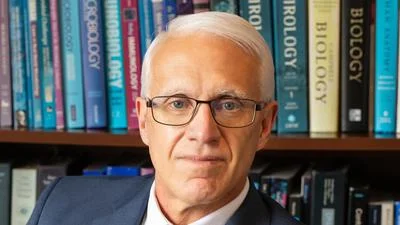Sen. Joni Ernst, US Senator for Iowa | Joni Ernst Official Webste
Sen. Joni Ernst, US Senator for Iowa | Joni Ernst Official Webste
Senator Joni Ernst, a Republican from Iowa, posted on July 30, 2025, about rising costs and delays in major U.S. rail transit projects. Her comments focus on several high-profile undertakings in California and Hawaii.
In her first post, Ernst referenced the Bay Area Rail Transit Extension, stating: "The Bay Area Rail Transit Extension - that Nancy Pelosi tried to sneak funding for into a COVID relief bill – has ballooned in costs from $4.7 billion to $12.8 billion. At nearly $2 billion per mile, it’s been labeled 'the worst new transit project in the U.S.'" The reference to former House Speaker Nancy Pelosi highlights political controversy over federal funding allocations during pandemic-related relief efforts.
In a subsequent tweet the same day, Ernst continued: "There is tough competition for worst boondoggle in California. An extension of the San Francisco downtown rail by just 1.3 miles has somehow gone from $4.5 billion to $8.3 billion and won't be completed until 2035!" The San Francisco rail extension project has experienced significant cost increases and schedule delays since its inception.
Ernst also cited issues outside California: "Another train project that hasn't left the station despite billions in spending is the Honolulu High-Capacity Transit Corridor Project – call it a boondoggle in paradise. First estimated at $5.1 billion, it has exploded to $9.9 billion and the completion date is on island time." The Honolulu High-Capacity Transit Corridor Project has drawn scrutiny for its rising costs and repeated delays.
Cost overruns and missed deadlines have become common challenges among large-scale U.S. infrastructure projects like these rail extensions, according to government watchdogs and independent analysts. Federal funding often plays a significant role in such initiatives, with local officials sometimes relying on congressional support to advance or rescue troubled projects.
These concerns are part of an ongoing national debate over infrastructure investment effectiveness, especially as lawmakers weigh future transportation appropriations and oversight mechanisms.





 Alerts Sign-up
Alerts Sign-up